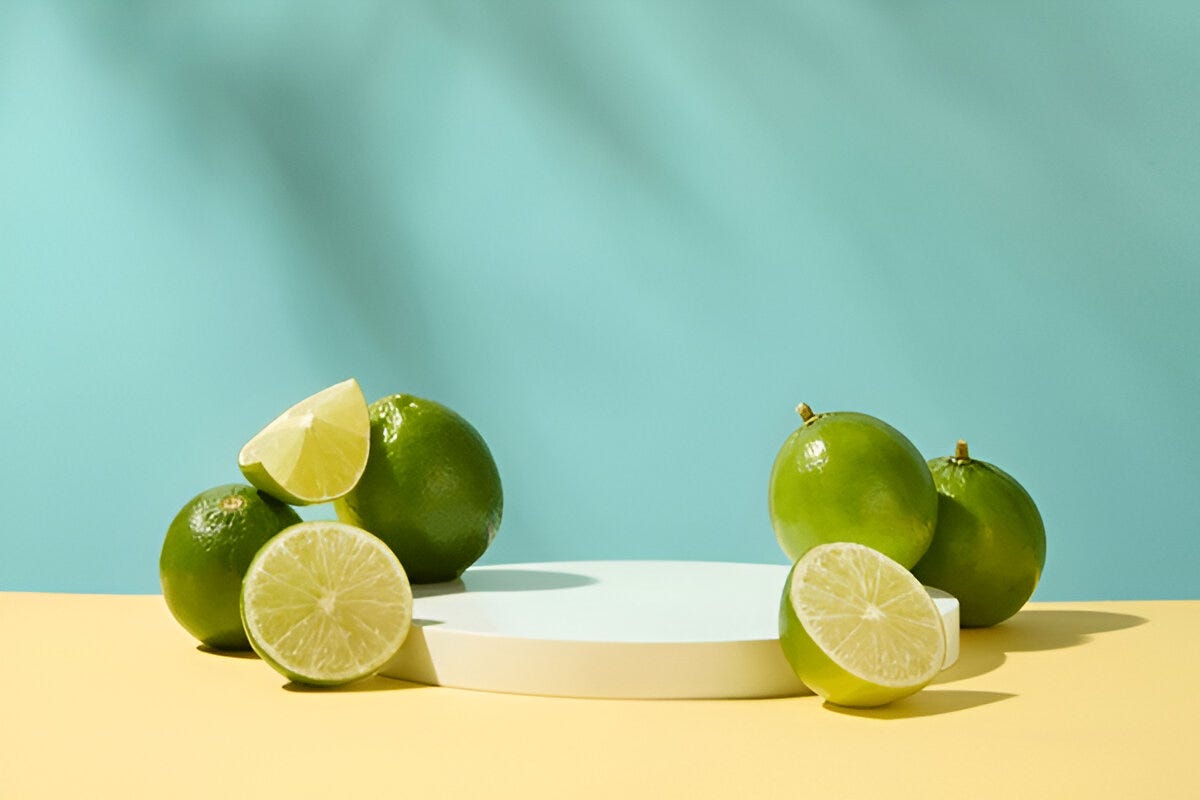How Lemon Helps Achieve Lustrous Hair & Treats Dandruff Naturally

Introduction: The Power of Pink Lemon Hair and Lemon for Hair Health
When it comes to achieving healthy and lustrous locks, lemon stands out as a powerful, natural remedy. But have you heard about the growing trend of pink lemon hair treatments? Pink lemons are a unique variety of lemon with a slightly sweeter scent and lower acidity, making them a gentler option for hair care. They are packed with Vitamin C and essential nutrients that nourish your hair and scalp, offering a fresh take on the traditional use of lemon for hair.
Whether you’re using the regular yellow lemon or the more exotic pink variety, lemon helps cleanse the scalp, remove excess oil, and add shine to your hair. The juice extracted from this fruit offers an effective solution for scalp issues like dandruff, making hair and lemon juice a perfect duo for maintaining a healthy scalp and vibrant locks.
Lemons are also rich in citric acid, which exfoliates dead skin cells, unclogs hair follicles, and promotes hair growth. From adding shine to preventing scalp infections, lemon is a versatile ingredient that you can easily incorporate into your hair care routine. Let’s explore the wonders of lemon dandruff treatment at home and other lemon-based solutions that can transform your hair.
Nutritional Profile of Lemon: Key to Healthy Hair
Lemon, known for its sharp tang and refreshing scent, is more than just a culinary staple; it’s a powerhouse of nutrients that can significantly contribute to hair health. The juice, peel, and even the essential oil derived from lemons are rich in vital vitamins and minerals that support not only the scalp but also the overall structure and strength of hair. Let's dive deep into the nutritional profile of lemon and how its nutrients work together to promote luscious, strong, and healthy hair.
The Nutrients Found in Lemon That Promote Hair Health
Lemon is often hailed for its high Vitamin C content, but it offers so much more. Here’s a closer look at the key nutrients found in lemon that directly benefit hair health:
Vitamin C (Ascorbic Acid)
-
Vitamin C is undoubtedly the star nutrient in lemons, and it plays a critical role in maintaining hair health. This water-soluble vitamin is a potent antioxidant that protects hair follicles from oxidative stress caused by free radicals. Free radicals can damage hair at the cellular level, leading to weakened hair follicles, breakage, and thinning. Regular intake and topical application of Vitamin C can combat this damage, promoting stronger hair.
-
Another crucial function of Vitamin C is its role in collagen production. Collagen is a protein that forms the building blocks of hair. It provides strength and structure to hair follicles, ensuring they remain robust and healthy. Without sufficient collagen, hair becomes prone to breakage and split ends, reducing its overall strength and appearance.
-
Additionally, Vitamin C enhances iron absorption in the body, which is vital for proper blood circulation to the scalp. Proper blood flow ensures that hair follicles receive the oxygen and nutrients they need for optimal growth and strength.
Citric Acid
-
Citric acid, which gives lemon its acidic properties, acts as a natural exfoliant for the scalp. This compound helps remove excess oils, dirt, and product buildup, which can clog hair follicles and hinder hair growth. By cleansing the scalp thoroughly, citric acid promotes a healthy environment for hair to grow, ensuring that follicles are free from blockages.
-
Citric acid also helps balance the scalp’s pH level. An imbalanced pH can lead to issues like dryness, itchiness, and even dandruff. By using lemon juice, which is mildly acidic, you can restore the scalp’s natural pH balance, preventing these common scalp problems.
B Vitamins (Riboflavin, Folate)
-
Lemons contain small amounts of B vitamins, including riboflavin and folate, which are essential for the growth and maintenance of healthy hair. B vitamins improve the body’s ability to metabolize fats, proteins, and carbohydrates, ensuring that hair follicles receive the necessary nutrients to thrive.
-
Folate, in particular, plays a role in the regeneration of hair cells. When hair follicles are well-nourished, they produce stronger and healthier hair. B vitamins also help reduce hair loss by supporting hair's natural growth cycle and preventing premature shedding.
Potassium
-
Potassium is a key mineral that helps maintain proper hydration levels in the hair and scalp. A lack of moisture can lead to dry, brittle hair that is prone to breakage. Potassium ensures that your scalp stays hydrated, supporting the overall health of hair follicles.
-
Hydrated hair follicles also have a reduced risk of inflammation, which can lead to hair thinning and hair loss. By using lemon juice or consuming lemons, you can ensure that your scalp remains well-nourished and hydrated, promoting healthier hair growth.
Magnesium
-
Magnesium is another essential mineral found in lemons that contributes to hair health. It plays a role in maintaining the structural integrity of hair by supporting protein synthesis and preventing calcium buildup on the scalp. Calcium deposits can clog hair follicles and lead to scalp irritation, both of which negatively impact hair growth.
-
Magnesium works to dissolve these deposits and ensure that the scalp remains clean and free from irritants. This, in turn, promotes healthier hair follicles and stronger, more vibrant hair.
Hair and Lemon Juice: The Dynamic Duo for Scalp Health and Strong Hair Follicles
The combination of these powerful nutrients makes hair and lemon juice a perfect match for promoting a healthy scalp and strong hair follicles. Here’s how lemon juice benefits the scalp and hair:
Boosts Collagen Production
-
As mentioned earlier, Vitamin C is crucial for collagen synthesis. Regular use of lemon juice in your hair care routine can stimulate collagen production, resulting in thicker and stronger hair. Collagen helps maintain the elasticity of hair strands, preventing them from becoming weak or prone to breakage.
-
Collagen also ensures that hair follicles are well-nourished and healthy, which is key for promoting hair growth and reducing hair loss.
Deep Cleansing for a Healthy Scalp
-
The acidic nature of lemon juice makes it an excellent natural cleanser. Lemon juice works by removing excess oil, dirt, and dead skin cells from the scalp. This deep cleansing action unclogs hair follicles, allowing hair to grow without obstruction.
-
Regular cleansing with lemon juice can also prevent dandruff and scalp infections, both of which can contribute to hair thinning and hair loss.
Balances Scalp’s pH Level
-
Maintaining the scalp’s pH balance is essential for optimal hair health. The scalp has a natural pH level of around 5.5, which is slightly acidic. Many hair care products and environmental factors can disrupt this balance, leading to scalp problems like dryness, oiliness, or dandruff. Lemon juice, with its acidic properties, can help restore the scalp’s natural pH, creating a balanced environment that supports healthy hair growth.
Promotes Hair Growth
-
The combination of improved collagen production, better blood circulation, and a clean scalp contributes to an ideal environment for hair growth. When used regularly, lemon juice can enhance hair growth by ensuring that hair follicles are well-nourished and free from blockages.
-
The vitamins and minerals in lemon juice also stimulate dormant hair follicles, encouraging them to produce new hair.
Adds Shine and Luster
-
One of the most noticeable benefits of using lemon juice on your hair is the instant shine it provides. Lemons have natural astringent properties that help tighten hair cuticles, making your hair appear smoother and shinier. This is particularly beneficial for people with dull or damaged hair.
-
Using lemon juice as a final rinse after washing your hair can leave your locks looking radiant and lustrous.





